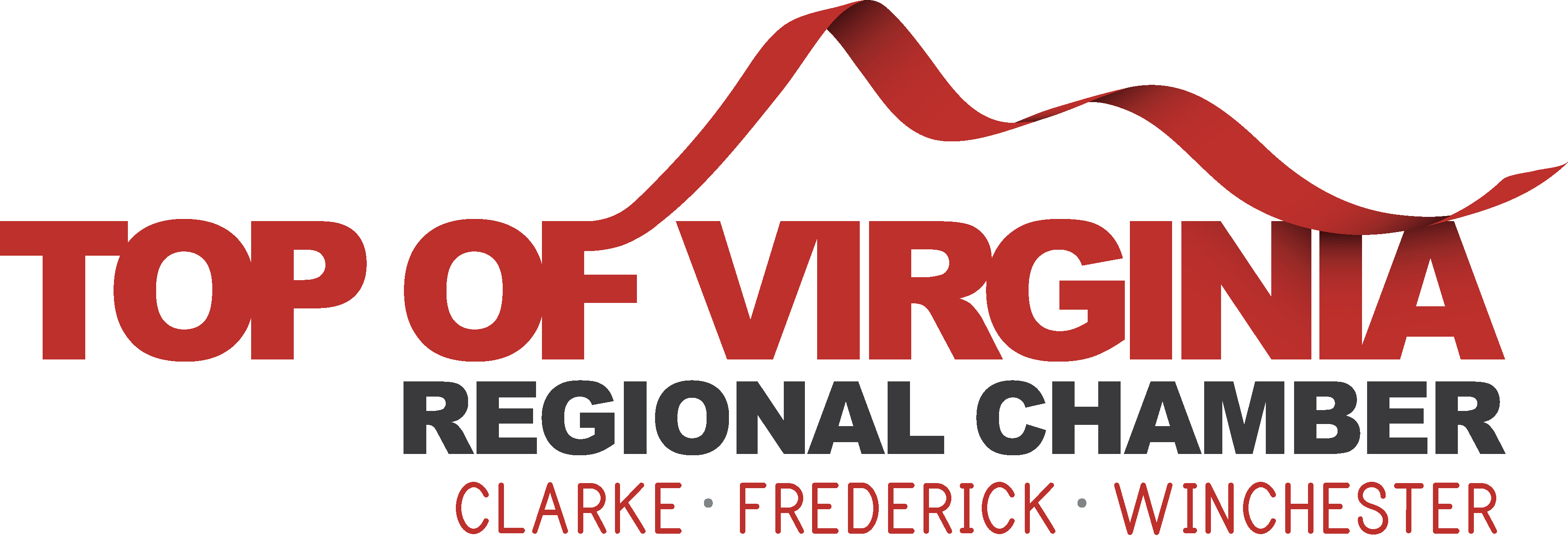From Visa to Venture: Real-World Tactics for Immigrant Entrepreneurs
Launching a business as an immigrant demands more than ambition — it requires navigating cultural, financial, and regulatory complexities that native entrepreneurs often take for granted. Yet, immigrant-owned businesses contribute billions to national GDPs and consistently outperform the average in innovation and global expansion.
This guide explores the most common obstacles faced by immigrant founders and provides practical, tested strategies for turning these into competitive advantages.
The Immigrant Entrepreneur’s Landscape
Across the U.S. and Europe, immigrant entrepreneurs represent nearly one in five small business owners. Despite their proven resilience, they often face:
-
Regulatory opacity: Unfamiliar registration processes, legal frameworks, and tax systems.
-
Limited access to credit: Difficulty obtaining loans without local credit history.
-
Cultural friction: Adjusting to new norms, negotiation styles, and consumer expectations.
-
Isolation: Lack of established local networks or mentors.
-
Visa dependency: Entrepreneurial risk compounded by immigration status.
Each challenge can be mitigated through structured planning, community integration, and legal literacy — three pillars that define successful immigrant-led ventures.
Establishing a Legal Foundation Early
Regulatory friction is often the first major barrier. For founders entering the U.S. market, understanding business structures (LLC, S-Corp, or C-Corp) is crucial for credibility and compliance.
For example, learning how to form an LLC in Virginia offers a clear case study in how structured documentation, digital filing, and early compliance protect entrepreneurs from liability while unlocking funding opportunities.
Checklist: Legal Groundwork Essentials
Determine the right entity type (LLC vs. corporation).
Register your business with state authorities.
Apply for an Employer Identification Number (EIN).
Understand state-specific tax implications.
Create an operating agreement to formalize roles and ownership.
Building Financial Stability and Credit Access
Immigrant founders frequently face funding rejection not due to poor business models, but because of absent local credit histories.
Strategies to Overcome Financial Barriers:
-
Open a local bank account early to establish financial activity.
-
Partner with community lenders or microfinance networks, such as Kiva, that emphasize social trust over credit scores.
-
Leverage digital bookkeeping tools to build verifiable financial trails.
-
Seek dual citizenship or permanent residency benefits that open access to government-backed small business grants.
Quick Table: Funding Pathways for Immigrant Entrepreneurs
|
Funding Source |
Typical Eligibility |
Strengths |
Considerations |
|
Community Development Financial Institutions (CDFIs) |
Minority & immigrant entrepreneurs |
Local mentorship + low-interest loans |
May require business plan in English |
|
Microloans (e.g., Accion) |
Early-stage founders |
Low barriers, fast approval |
Smaller capital amounts |
|
Angel Investor Networks |
Global startups with traction |
Equity capital & mentorship |
Requires strong pitch & scalability |
|
Government Grants |
Residents or permanent visa holders |
Non-dilutive funding |
Competitive application cycles |
Resource: The SBA’s Business Owner Hub provides templates and funding leads tailored to newcomers.
Cultural Intelligence as a Business Asset
Cultural fluency often determines customer loyalty more than capital does. Entrepreneurs who decode local norms can build empathy-driven brands that outperform legacy competitors.
Practical Cultural Integration Tactics:
-
Observe micro-interactions (greetings, humor, body language) to adapt marketing tone.
-
Employ bilingual communication — it signals inclusivity to local and diaspora communities alike.
-
Build alliances through local chambers of commerce and immigrant entrepreneur associations.
-
Attend hybrid networking events listed in platforms like Eventbrite.
Remember: every market has its unspoken codes. Cultural intelligence doesn’t just prevent missteps — it becomes a long-term differentiator that humanizes your brand.
Managing Visa and Policy Complexity
Immigration status directly affects business scalability. Many founders underestimate the importance of maintaining legal continuity as they expand operations or hire staff.
Recommended Practices:
-
Consult with a certified immigration attorney specializing in business visas.
-
Track deadlines for renewals, extensions, or work authorization documents.
-
Consider structuring ownership shares strategically to comply with residency laws.
-
Use official portals like USCIS Entrepreneur Pathways for up-to-date visa options.
Tip: Keep all immigration and business records digitized and mirrored in secure cloud storage for audit readiness.
Networking and Mentorship: The Invisible Accelerator
Entrepreneurial growth accelerates exponentially when founders gain access to established networks.
Join incubators or digital mentorship hubs designed for immigrant entrepreneurs, such as:
-
Techstars Startup Visa Program for international founders.
-
Local Small Business Development Centers (SBDCs) offering free workshops.
-
LinkedIn Entrepreneur Groups focused on cross-border collaboration.
-
The resource database at Hello Alice for inclusive business support.
Checklist: Networking Action Plan
Identify three mentors in your industry.
Join two local entrepreneur associations.
Attend one community business event each month.
Collaborate with at least one peer startup each quarter.
Sustaining Growth through Continuous Learning
The most successful immigrant entrepreneurs never stop learning. They invest time in understanding emerging technologies, compliance shifts, and digital visibility strategies.
-
Use courses online to master global market entry.
-
Document learnings to create playbooks for scaling teams internationally.
FAQ: Common Questions from Immigrant Founders
Q1: What if I lack business credit or collateral?
Use micro-lenders or co-signers; document personal income proof and repayment reliability.
Q2: Can I run a business while on a visa?
Some visas restrict self-employment. Always verify with a licensed immigration attorney before launching operations.
Q3: How do I find bilingual legal or accounting help?
Search through multicultural business chambers or platforms like SCORE.org to find advisors fluent in your language.
Q4: What industries are most immigrant-friendly?
Technology, food services, digital marketing, and logistics consistently offer strong entry points for immigrant-led startups.
Turning Barriers into Bridges
Immigrant entrepreneurs embody adaptability — the rare combination of courage and cross-cultural acuity that defines the modern global economy. The path forward lies not in avoiding challenges but in architecting resilience: structuring your venture legally, building trust financially, and converting cultural difference into brand distinction.
Each regulatory form, cultural nuance, and funding negotiation teaches one principle: you belong in the economy you help build.
